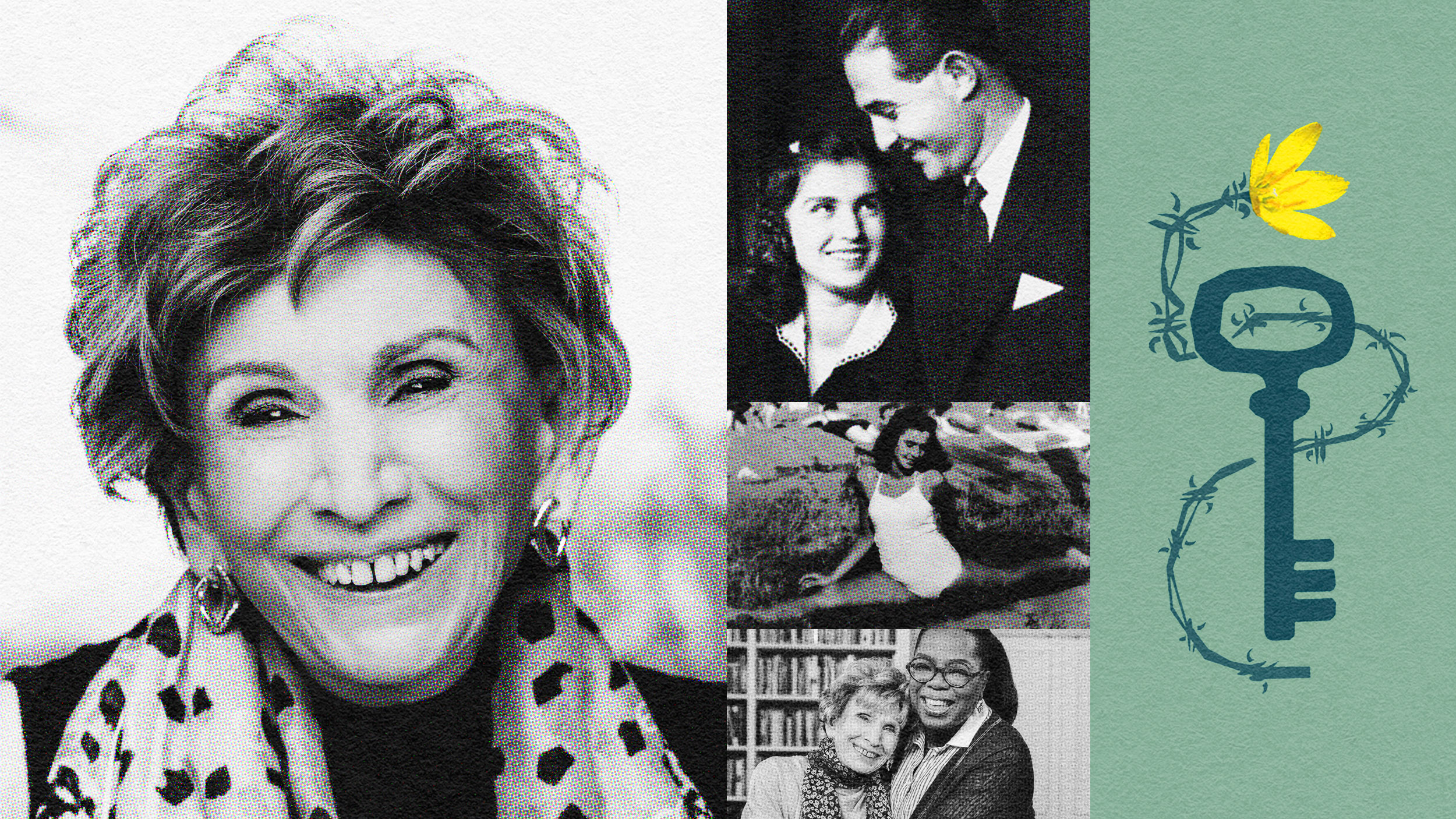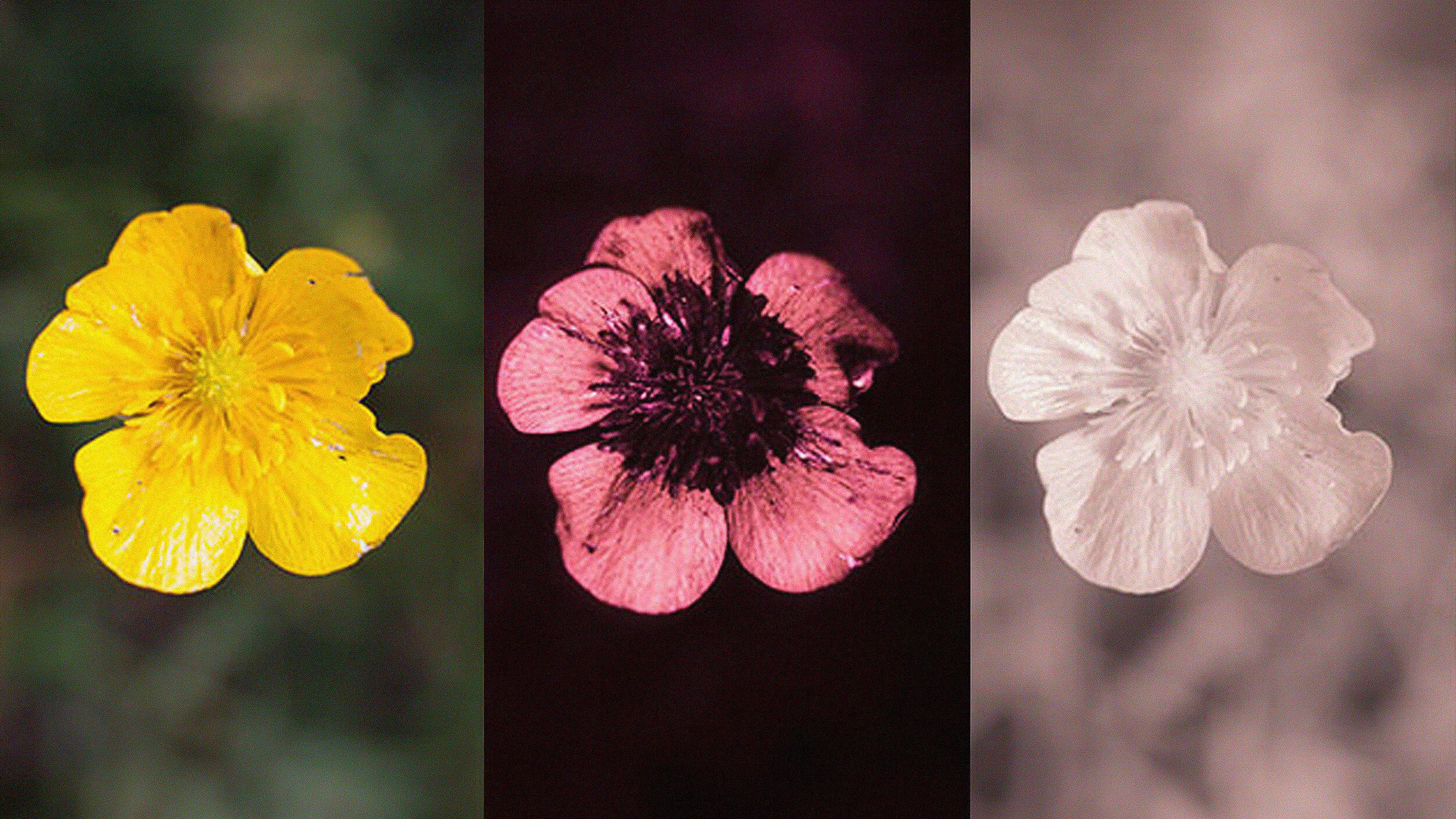Hirsi Ali remembers Sister Aziza, who introduced her to extremist aspects of Islam.
I would like to make a distinction between age zero to about 15 or 16 years, before I was . . . before I came in touch with a woman called . . . we called Sister Aziza in my secondary school in Kenya and the time after that. Before I met Sister Aziza, the Islam of my family was not political. So I do not remember either my father or my mother saying that a society has to be . . . sharia should be the rule of a country or a society – with one exception. In the one year that we were in Saudi Arabia, there was no distinction between a secular sphere and, you know, let’s say the realm of Caesar and the realm of God. These were intertwined in Islam. And in the one year that we were in Saudi Arabia, we lived according to sharia, and the state was run through Islamic law. So the beheadings, for instance, amputations every Friday, the stonings, that kind of thing, that happened. And there was a distinction. When atrocities in Somalia were carried out by a secular dictatorship such as Mohammed ______, my mother would denounce, condemn those atrocities. But when atrocities were carried out in the state of Saudi Arabia – things were amputated, people’s heads were cut off – that was sharia law. That was something that the victim deserved because he violated the law of God. But we left that behind us when we left Saudi Arabia and went into Ethiopia. My life in Ethiopia and Kenya until my 16th year was, I would just say, praying five times a day. It was very . . . Islam was there socially and culturally. It wasn’t a political issue. When I met in 1985 Sister Aziza, a different kind of Islam is introduced, and a different meaning also from the one I knew from my family. It was a political Islam. It was very clear. It was an individual choice. It was about what she referred to as an inner jihad struggling to . . . simply to meet the obligations – to make sure that you prayed five times instead of three times or two times, and fast all of the Ramadan days, all 30 of them, not half a day as I used to do, or a week, something like that. It’s just adhering to the rules every day; the rules that the halal had permitted, and trying to abstain from what’s haram, or what is forbidden. This is reinforced within the Somali community. Kenya is a very multicultural place. And Sister Aziza was not a Somali, but in the Somali space there were figures like this man we call ________. He would fast for 100 days, and he introduced the same kind of radical, political, all-consuming Islam that divides the world into "we" and "they". And the divisions started within the Islamic community, so we were . . . those of us who followed the rules _________, those other Muslims who were neglectful of the rules were considered to be non-Muslims, hypocrites. We had all sort of negative attributes for them, and they extended to the non-Muslims. Recorded on: 8/15/07






